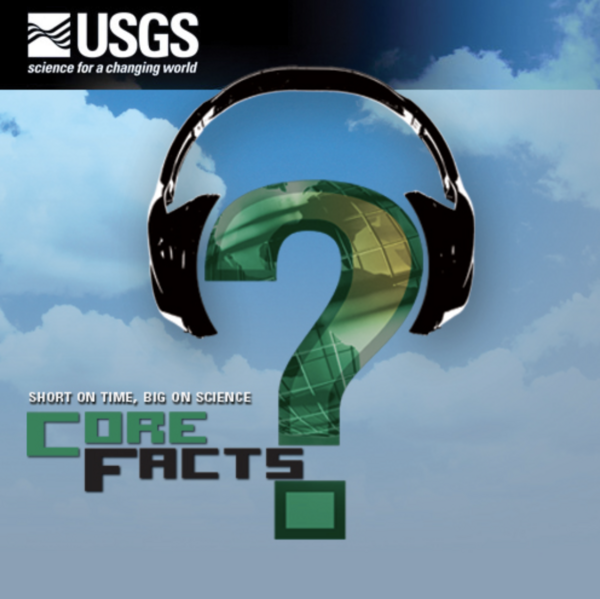Earth History of the National Capital Region – Volcanoes, Earthquakes & Dinosaurs… Oh My!
Earth History of the National Capital Region – Volcanoes, Earthquakes & Dinosaurs… Oh My!Reston, Virginia, was founded 47 years ago & Europeans first settled in the National Capital region 403 years ago. This human footprint can't compare to the dynamic Earth history of this region, extending back as early as 1,180 million years ago and continuing today.
















